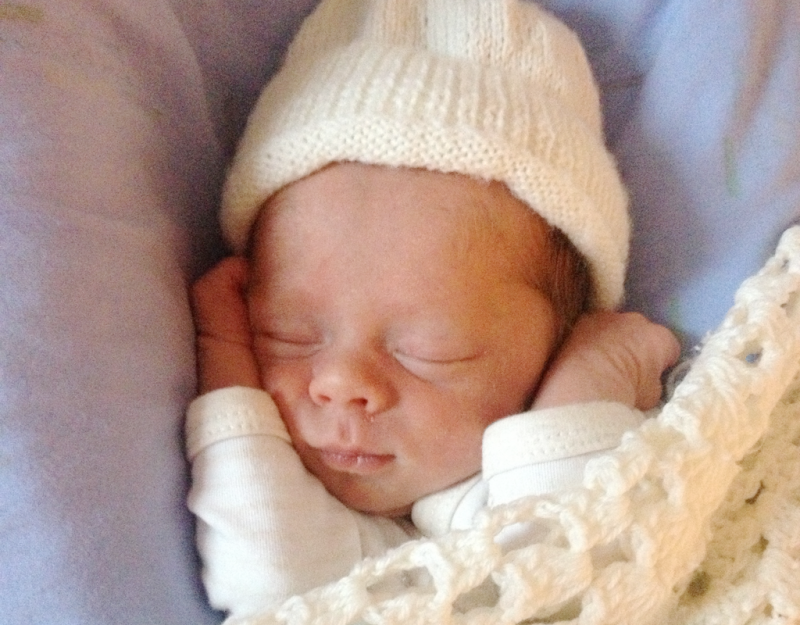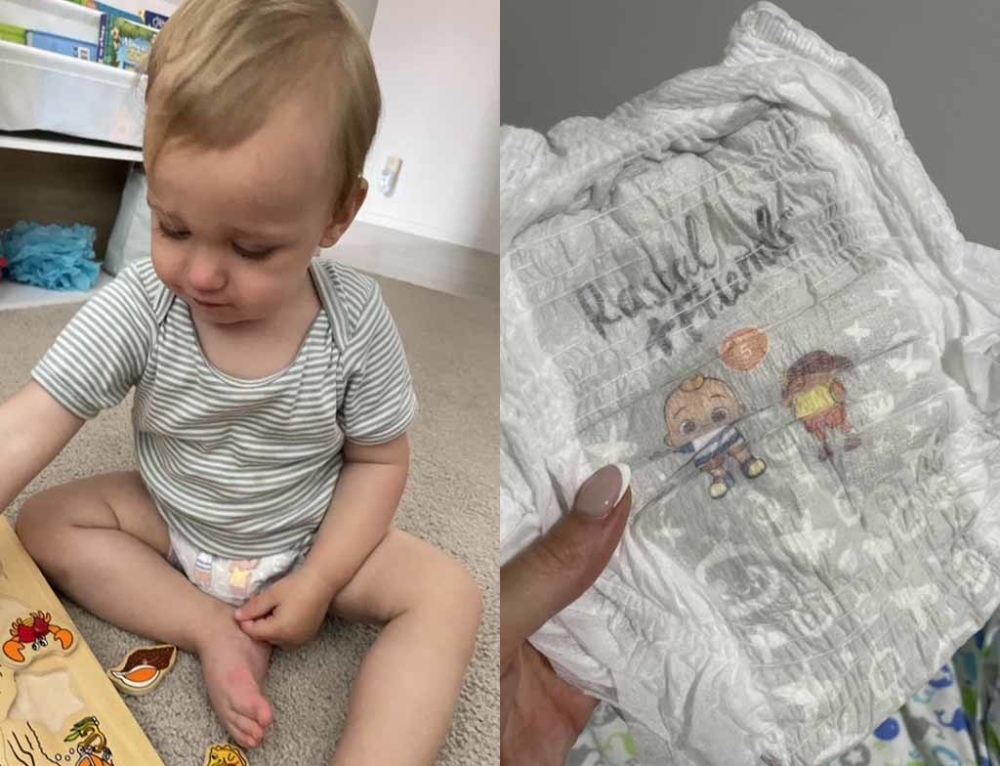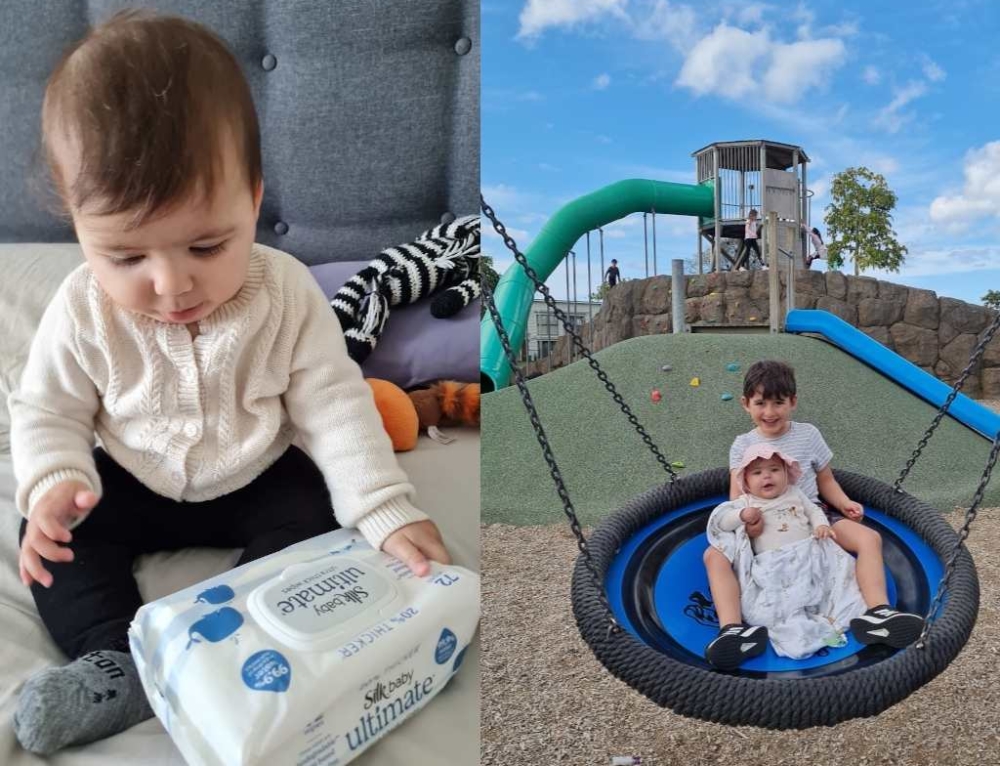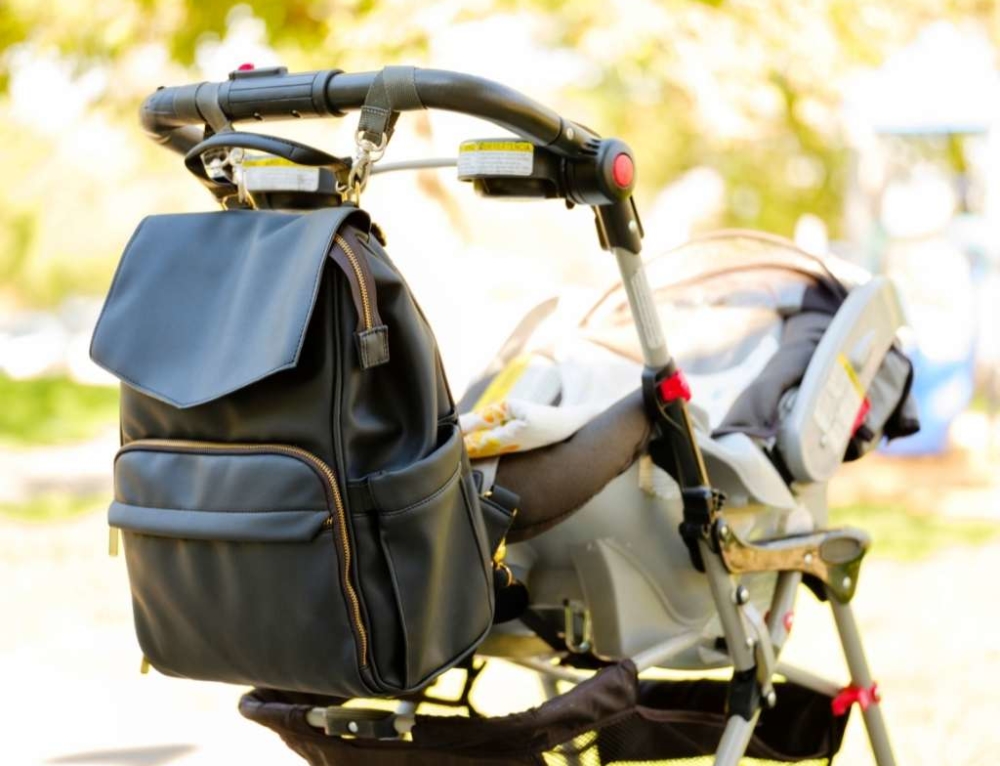Right now, sleep is probably a luxury that was once taken for granted. Just to have five hours of uninterrupted rest probably sounds as close to bliss as you can imagine, yet it seems as though that will never happen – ever again. One of the biggest and most stressed about developments throughout baby’s first year is how your baby is sleeping. You’ll hear a parent brag that little Tommy was sleeping through the night at two weeks (cue the eye rolls) or scare you by exaggerating that they haven’t slept in three years. Every baby is different, and will continue to be so, but there are some general newborn sleep habits you should know about your little one.
How much sleep is normal?
Most newborns still wake to feed every two to three hours (sometimes stretching it to four hours at night if you have an exceptionally considerate baby) for the first six to eight weeks – give or take. And then it will most likely be another few months before your baby is sleeping through the night. We know it sounds impossible to get through this when you’re in week one, but before you know it you’ll be looking back at this fuzzy, sleep deprived time and hardly remember it. (Probably because you’ve been half asleep this whole time.)
There’s not much parents have to do to encourage or schedule newborn sleep patterns during the first week. As you’ve probably noticed, they’ll sleep anywhere, anytime – whether it’s in the middle of a feeding or just as the family comes over to visit.
Your newborn will sleep a whopping 14 to 18 hours a day right now, which seems as though you’d have plenty of time to sleep yourself, right? However, their irregular short naps (one or two hours at a time) doesn’t leave nearly enough time to feel rejuvenated. It’s assumed that babies need these short naps in rapid eye movement (REM) sleep to aid in their development.
Baby’s sleep signals:
Pay close attention to your baby’s sleep signals. Some parents confuse a baby’s overtired behaviour as nighttime colic because they don’t realise that their baby has been giving them sleepy signals for hours. As they get older, the days of them passing out whenever and wherever they feel, may be behind you. Now it’s up to you to notice the cues (eye rubs, pulling at the ears, red eyes, etc.) and put your baby to bed. Most young babies aren’t able to be awake for more than two consecutive hours. Eventually you and your baby will get into a sleep schedule, but this is the trial-and-error period where you need to follow your baby’s lead. The more overtired a baby becomes, the less he or she will sleep.
A healthy room:
Your baby has tiny airways and nasal passages and allergens and pollutants in the air including dust, pollen, or pet dander can irritate their lungs. Use of an air purifier can help remove most of these, plus a range of other pollutants and gases. The air purifier may also be capable of moderating the heat in baby’s room to keep it at a regular and healthy temperature.
Healthy sleep habits:
Although your baby is starting to develop a schedule, starting a regimented sleep training routine isn’t necessary, just yet. However, if you’d like to start developing healthy sleep habits then you can try letting your baby self-soothe to sleep by putting him or her down while they’re still awake. Some experts believe that rocking or nursing babies to sleep, even at this young age, is fostering their dependency on sleep aids. Others believe that newborns should be nurtured and comforted no matter what, and if rocking them to sleep helps then so be it. Follow whichever philosophy instinctively feels right.
It’s never too late to start a bedtime routine, such as: shower, baby massage, story, feeding, bed. Dim the lights and play soothing music to further instil the concept of bedtime.
When baby falls asleep when feeding:
If your baby passes out as soon as the suckling starts, you might want to wake him – especially if you’re trying to boost your milk supply. First try simply unswaddling your baby. If that doesn’t work, strip your baby down to his nappy (if it’s not too cold), which should awaken baby from a light slumber.
If breastfeeding, you could try holding baby upright for a few seconds and then switch nursing positions. Try gently burping him. Rub your nipple or the bottle’s nipple on baby’s lips, or gently stroke the outside corner of the mouth to stimulate sucking.
When you feed your baby make sure the lights aren’t too bright (where your baby would want to shield his eyes) or too dark. Don’t let your baby go three hours without breastfeeding or four hours without drinking formula at this stage.
Put your baby to sleep on his back to reduce the risk of SUID (Sudden Unexplained Infant Death).
This article was written by Linda Drummond for Kidspot, New Zealand’s leading pregnancy and parenting resource.
Find more:
- Skin care for newborns
- Support baby health with probiotics
- Baby and toddler laundry tips
- Attachment parenting







Leave A Comment
You must be logged in to post a comment.